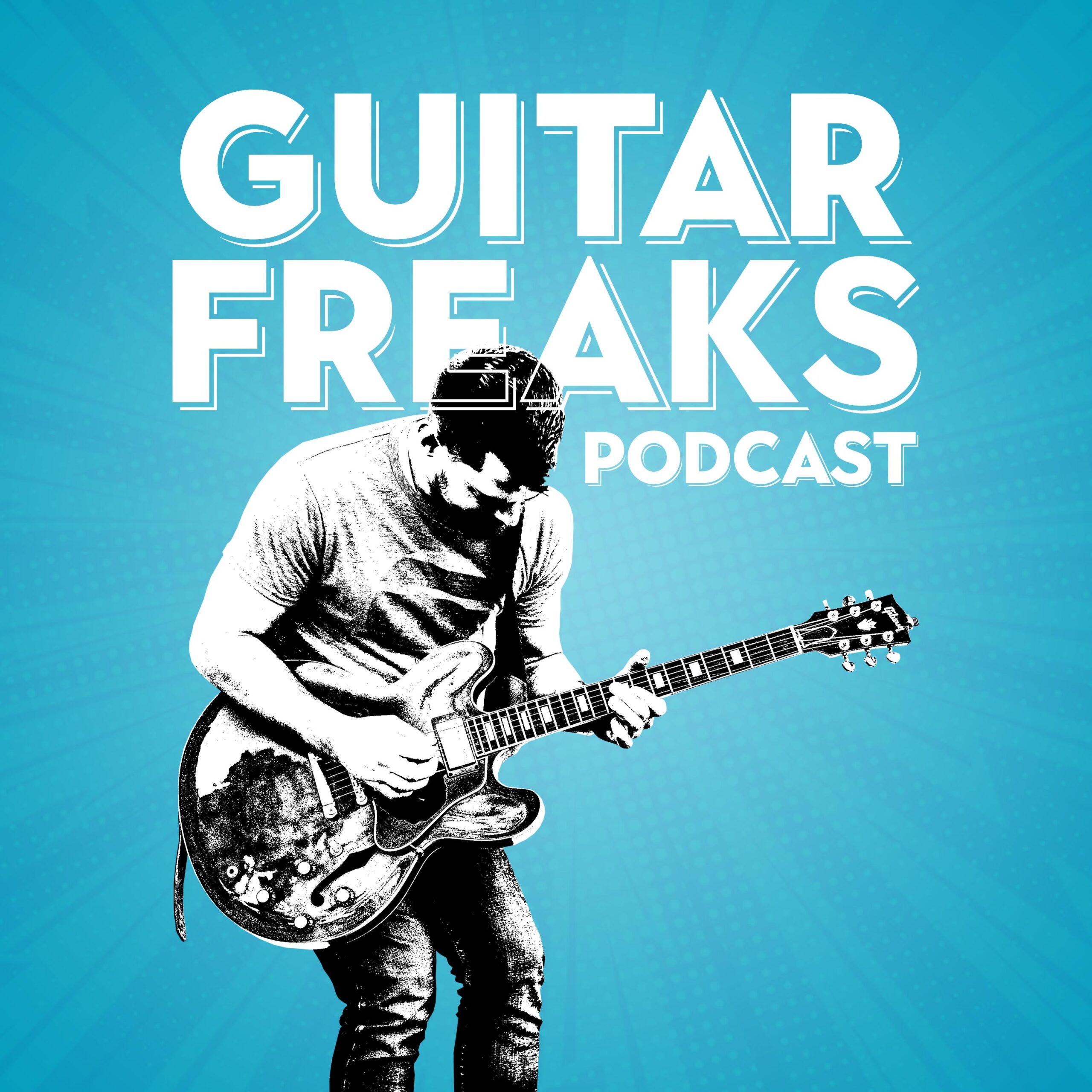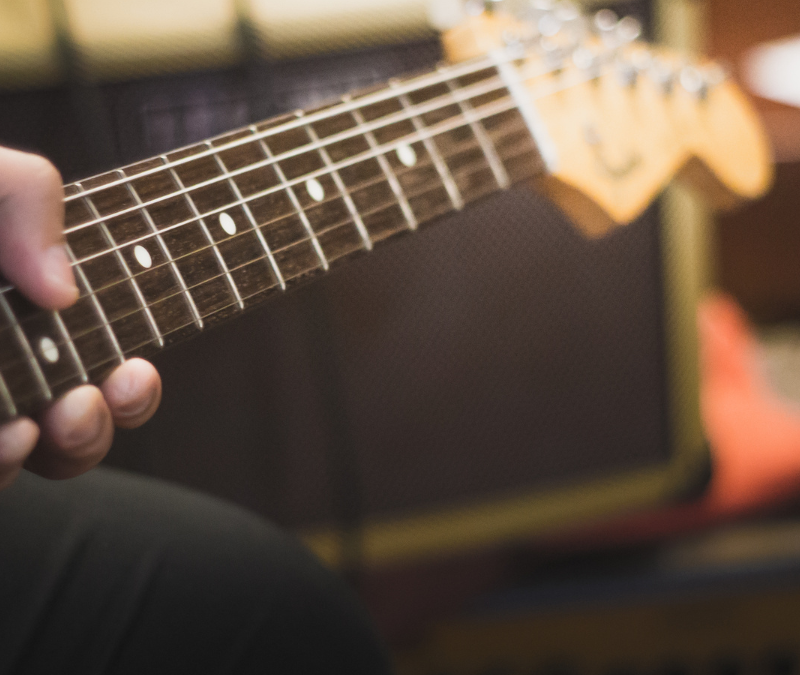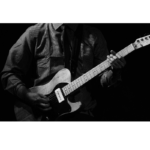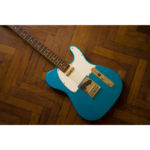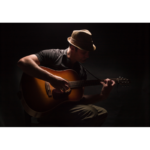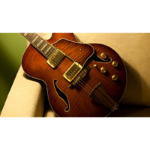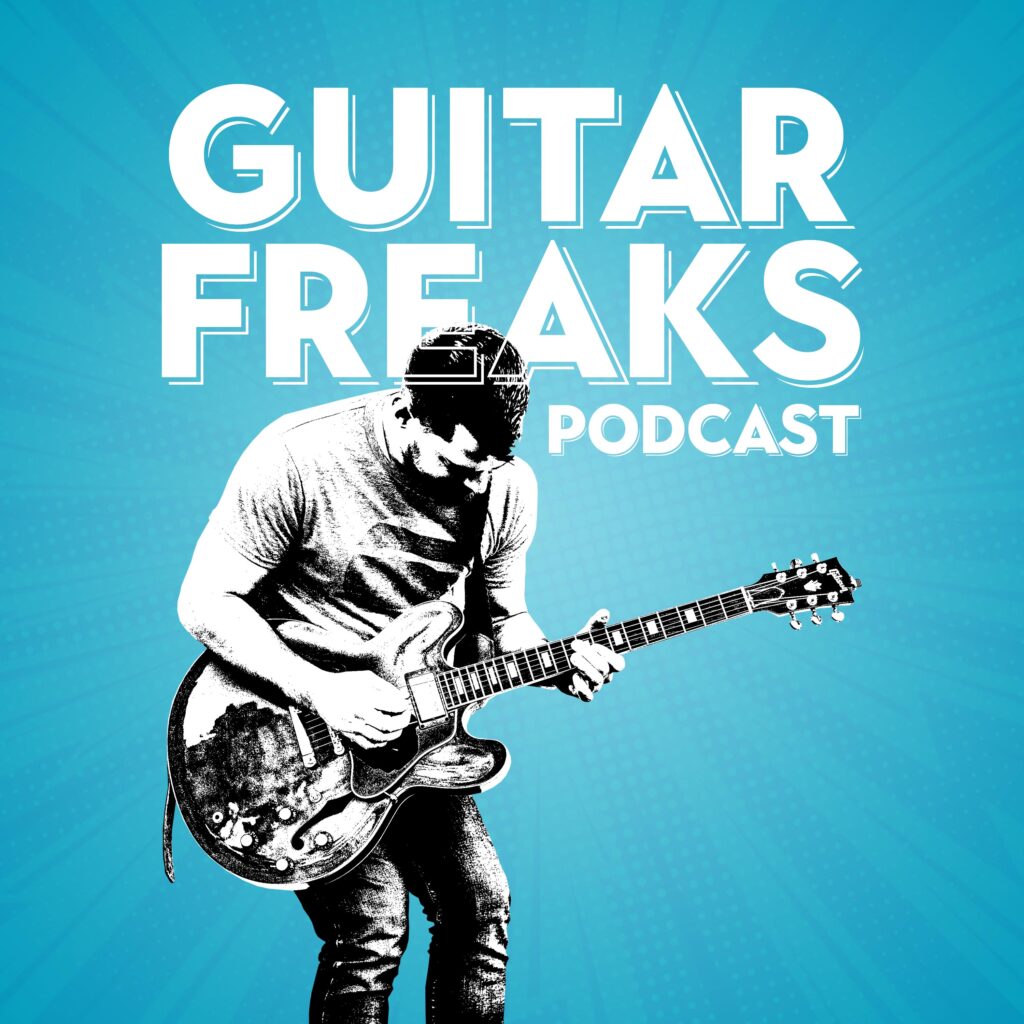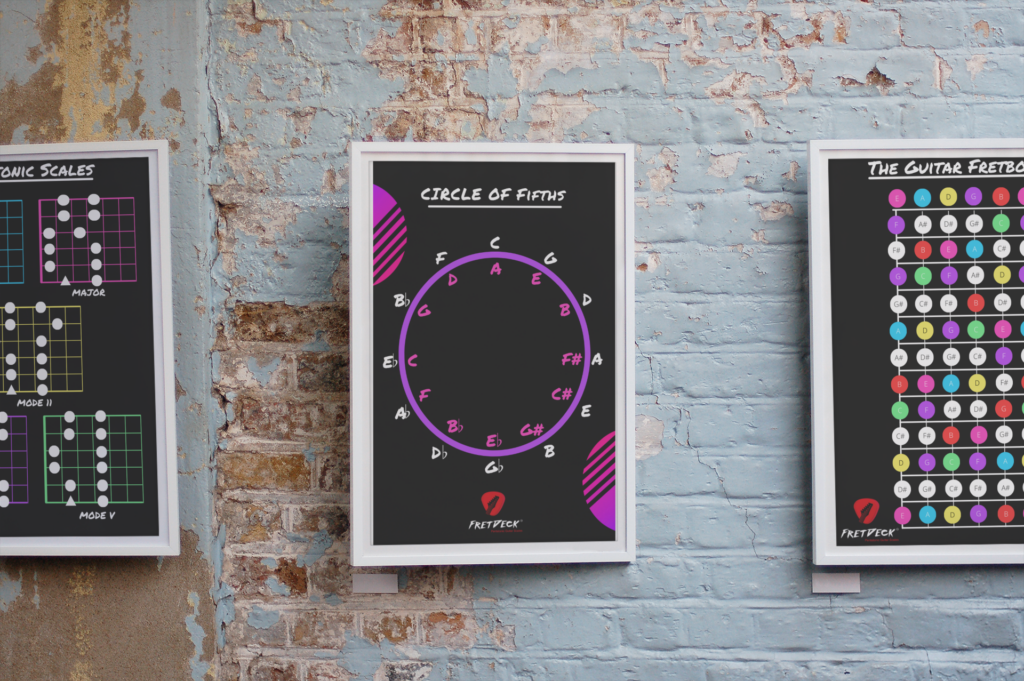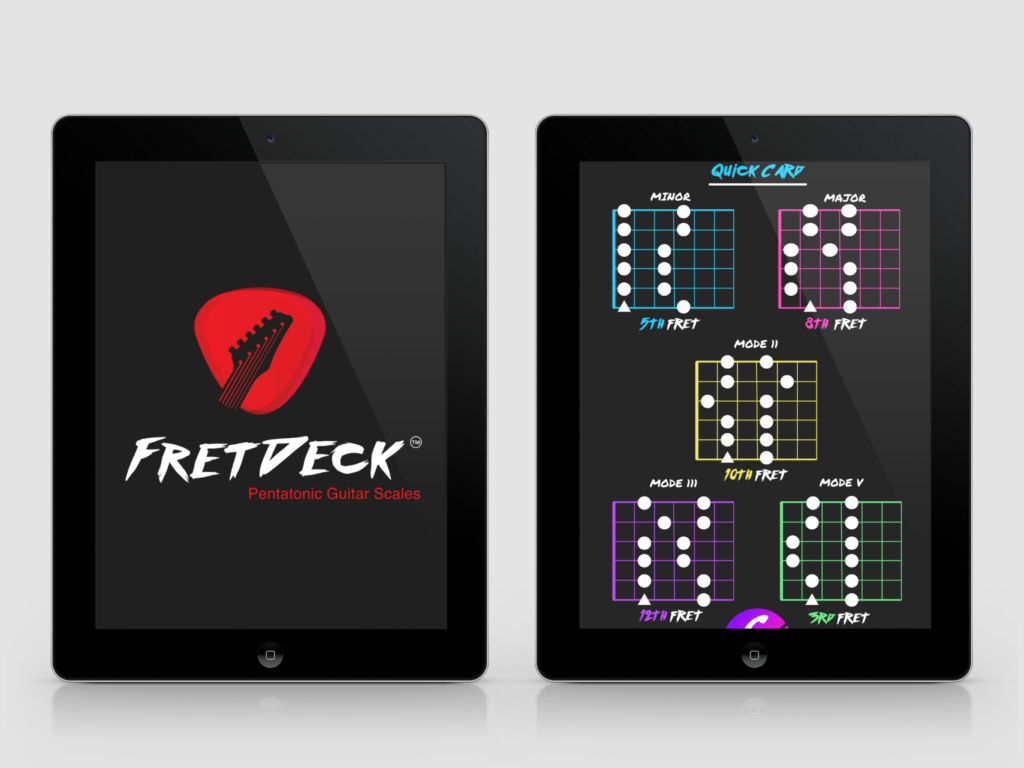Imagine standing at the base of a musical mountain, looking up at endless pathways winding their way to the top. Each path offers its own adventure, its own sound, and its own challenges. That’s what learning guitar scales is like. They’re the trails that guide you through the fretboard, unlocking melodies, solos, and songs that make your guitar truly sing.
If you’re just starting out, scales might seem like an intimidating jumble of notes and patterns. But don’t worry—by the end of this guide, you’ll see them for what they are: the secret sauce that makes great guitarists sound, well… great.
What Are Guitar Scales?
Think of a guitar scale as a recipe for sound. It’s a specific sequence of notes played in a particular order. Each scale creates a unique mood or emotion, from the happy brightness of a major scale to the dark intensity of a minor one.
Here’s the magic: scales aren’t just for sounding good—they teach your fingers where to go and help you understand the layout of the fretboard. They’re like the grammar of guitar language, giving you the tools to speak fluently in melodies and solos.
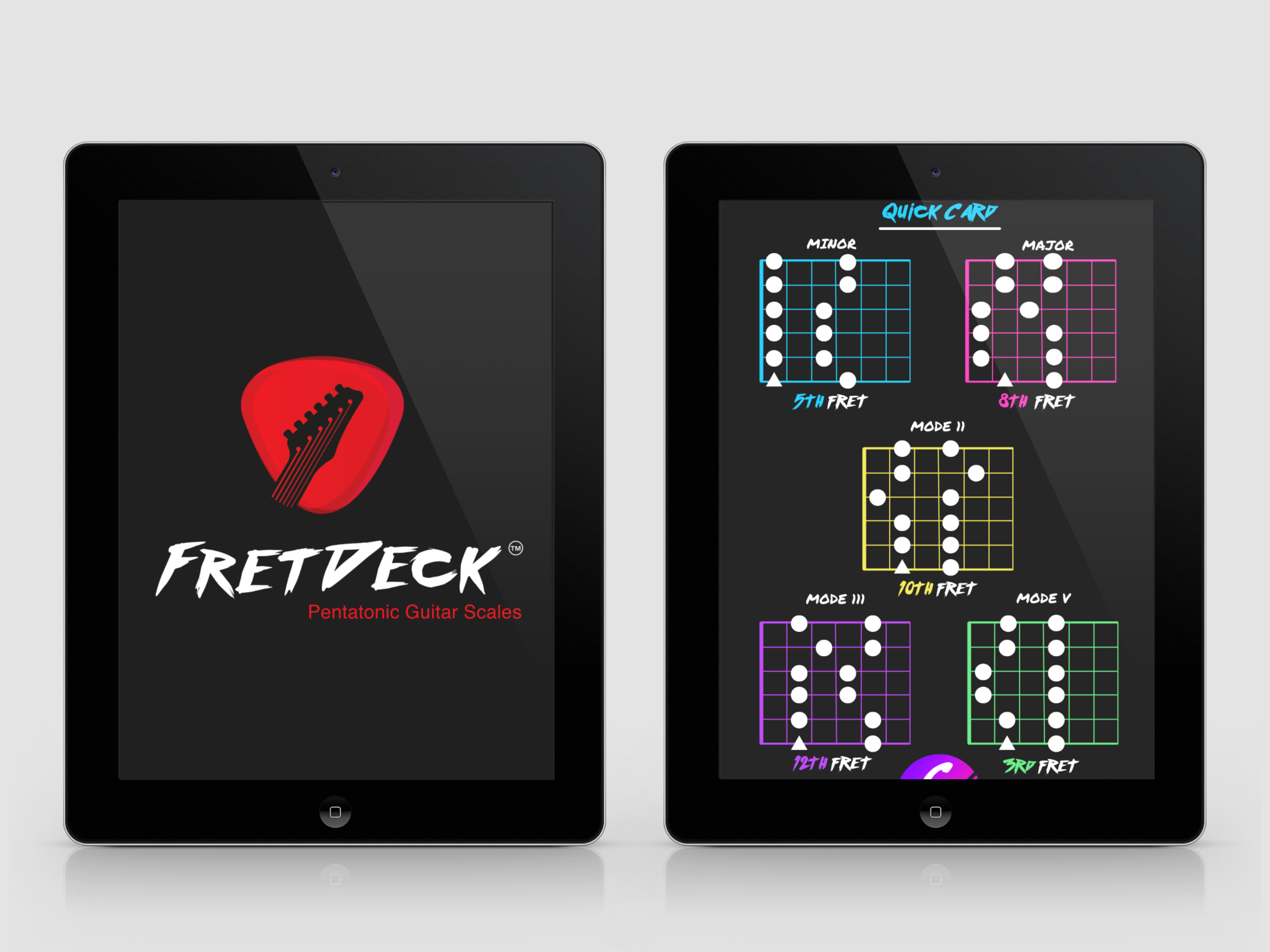
Download The FretDeck & Pentatonic Secrets Course!
Download Our Course
Why Should You Learn Guitar Scales?
You might be wondering, Do I really need to learn guitar scales? The answer is a resounding YES! Here’s why:
1. Improved Fretboard Navigation
Scales help you make sense of the fretboard, transforming it from a confusing grid into a map where every note has a purpose.
2. Learn Guitar Scales For Better Improvisation
Ever dream of creating your own solos? Scales are the foundation of improvisation, letting you play with confidence and creativity.
3. Music Theory Made Practical
Learning scales introduces you to essential music theory concepts like intervals, keys, and modes. But don’t worry—it’s more fun than it sounds!
4. Stronger Technique
Practicing scales builds finger strength, speed, and precision. It’s like a workout for your hands.
Getting Started: The Major Scale
If scales are the building blocks of music, the major scale is the cornerstone. This classic scale forms the basis of countless songs and musical styles.
Here’s the formula for a major scale:
Whole, Whole, Half, Whole, Whole, Whole, Half
Translated to frets, it means:
- Play a note (your starting point).
- Move two frets up (whole step).
- Move two frets up again (whole step).
- Move one fret up (half step).
- Repeat the pattern until you’ve played seven notes.
Try this starting on the low E string at the third fret (a G note):
E |----------------------------------2--3--5--|
A |------------------------2--3--5------------|
D |----------------2--4--5--------------------|
G |--------2--4--5----------------------------|
B |--3--5-------------------------------------|
E |-------------------------------------------|
Congratulations! You’ve just played a G major scale.
The Minor Scale: The Dark Twin
Where the major scale is cheerful, the minor scale is mysterious and introspective. It’s perfect for emotional solos or moody chord progressions.
The formula for a minor scale is:
Whole, Half, Whole, Whole, Half, Whole, Whole
Starting on the 5th fret of the low E string (an A note):
E |---------------------------------5--7--8--|
A |-------------------------5--7--8----------|
D |------------------4--5--7-----------------|
G |----------4--5--7-------------------------|
B |----5--6--8-------------------------------|
E |------------------------------------------|
Play this slowly at first, letting the notes ring out. Feel the difference in mood compared to the major scale.
Making Scales Fun
Practicing scales doesn’t have to be boring. Here are some tips to spice it up:
1. Play Along with Backing Tracks
Find a backing track in the scale you’re learning and improvise over it. You’ll see how scales fit into real music. (Check out this list of free guitar backing tracks on Guitar Mastery to get started!)
2. Use a Metronome
Challenge yourself by increasing the tempo over time. This builds speed and precision.
3. Experiment with Variations
Try skipping notes, reversing the order, or adding slides and hammer-ons. This helps you get creative with scales.
Scales in Action
Once you’re comfortable with a scale, the next step is using it in your playing. Here are some ways to do that:
- Compose Melodies: Use the notes from a scale to create your own riffs or hooks.
- Jam with Friends: Play rhythm guitar while a friend solos using the same scale.
- Learn Famous Solos: Many iconic solos are built around simple scales.
Your Next Steps
Ready to dive deeper? The world of scales is vast and exciting. From the unique sounds of the Phrygian mode to the bluesy charm of the pentatonic scale, there’s always something new to explore.
If you’re interested in learning more about techniques that bring scales to life, check out our blog post on 10 Creative Ways to Break Out of a Guitar Playing Rut! You’ll discover how to take what you know and turn it into something fresh.
For more guidance, explore FretDeck’s “Mastering the Fretboard” course—a step-by-step program that makes scales approachable and fun. You’ll gain confidence in improvisation, songwriting, and navigating the fretboard.
Join the Guitar Freaks Hangout and Learn Guitar Scales!
Want to share your progress or ask questions about scales? Join the Guitar Freaks Hangout on Discord! It’s a welcoming community of guitar enthusiasts where you can connect, learn, and jam together.

Join Guitar Freaks Hangout on Discord! 🎸
Connect with guitarists through YouTube watch parties, mini lessons, practice prompts, and a supportive community.
🔗 Join now!
Let’s turn those scales into solos that soar. Grab your guitar and start climbing that mountain—you’ve got this! 🎸
Find a backing track in the scale you’re learning and improvise over it. Download 14 Free JamTracks from JamPlay to enhance your practice sessions and make learning scales more fun!”
Learn Guitar Scales Resources
Before diving into scales, make sure your hands are warmed up! Check out our guide on Guitar Warm-Up Exercises: Essential Tips for Quick Improvement to get started on the right note.

Download The FretDeck & Pentatonic Secrets Course!
Download Our Course
